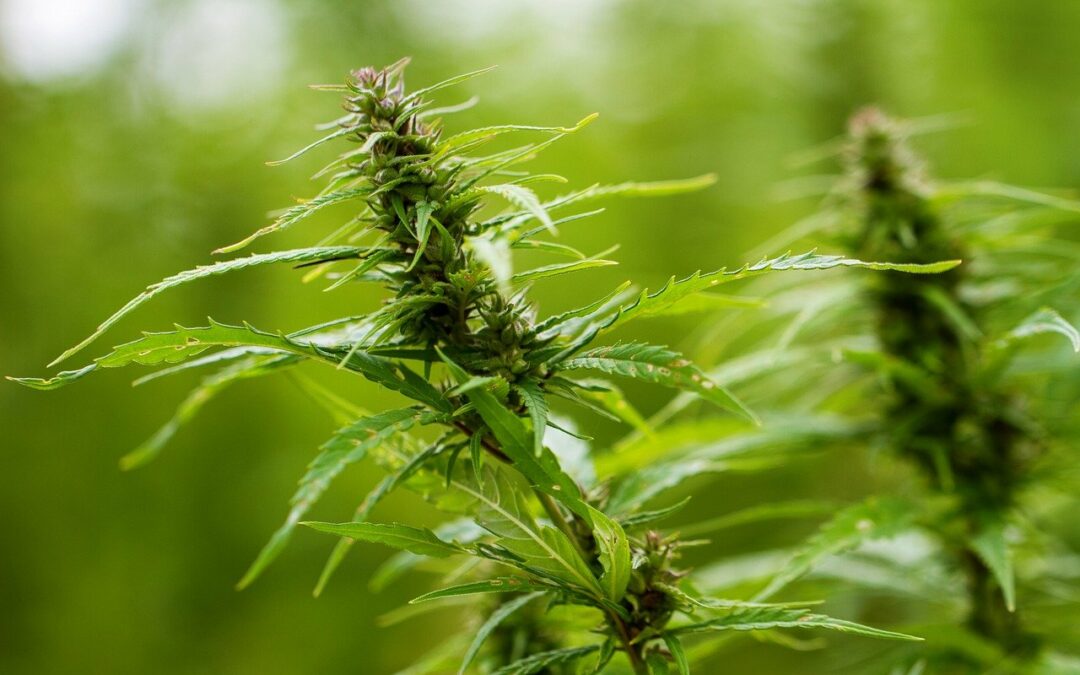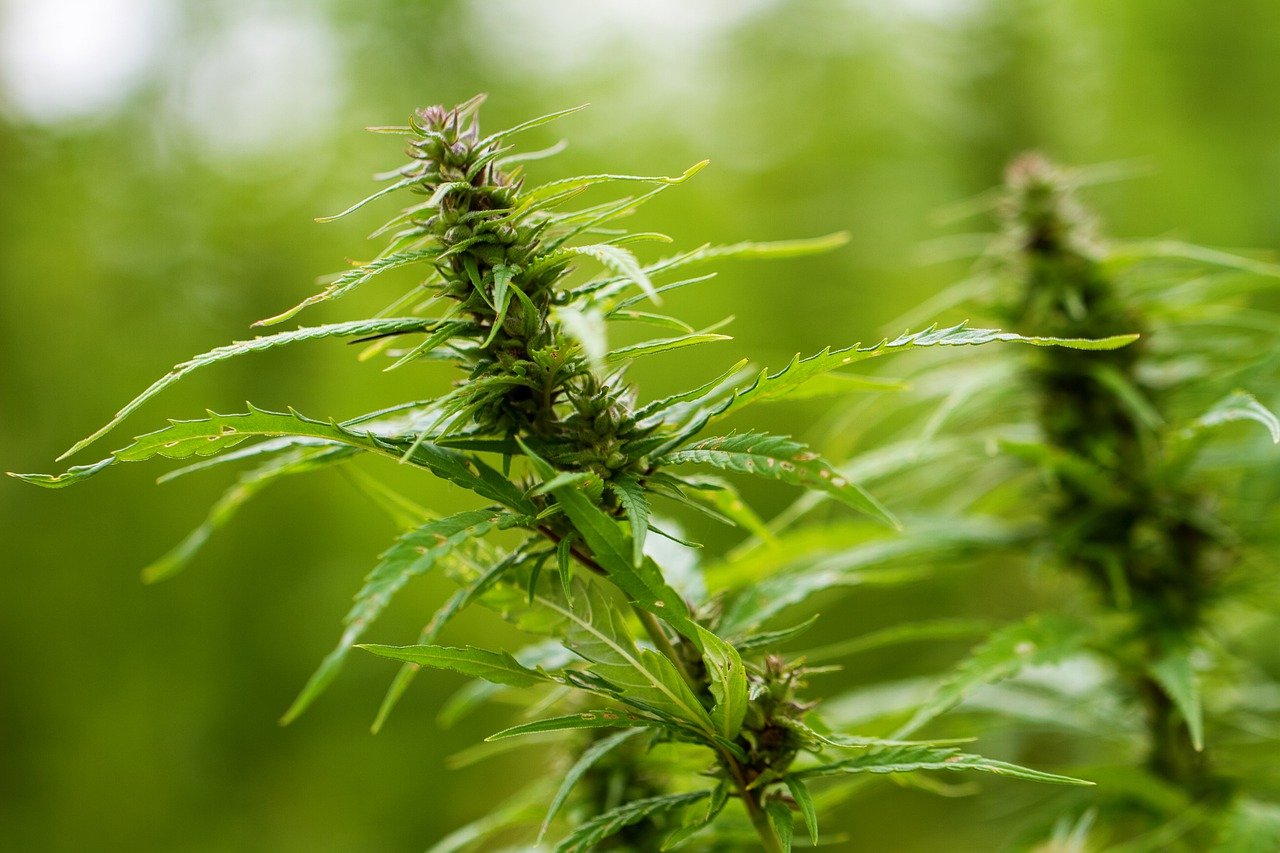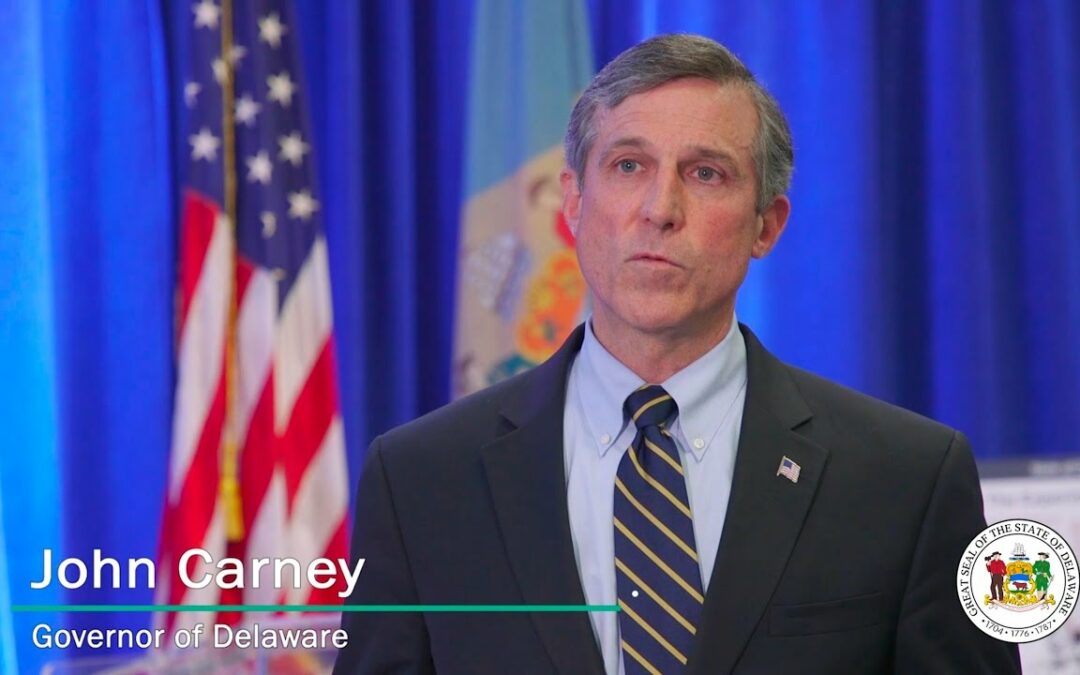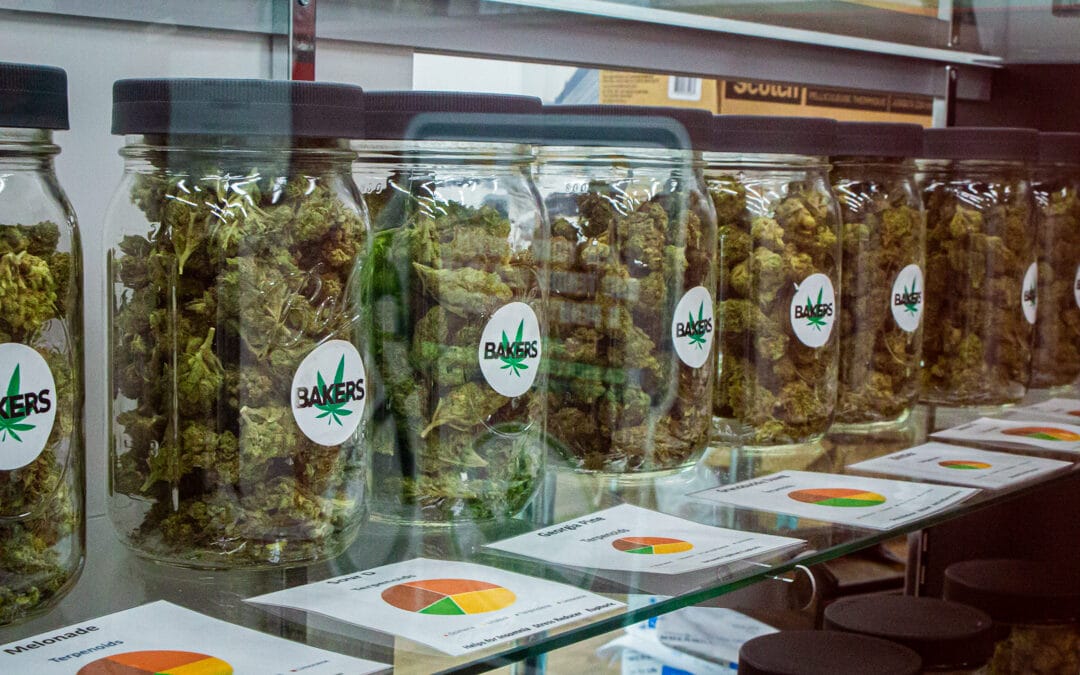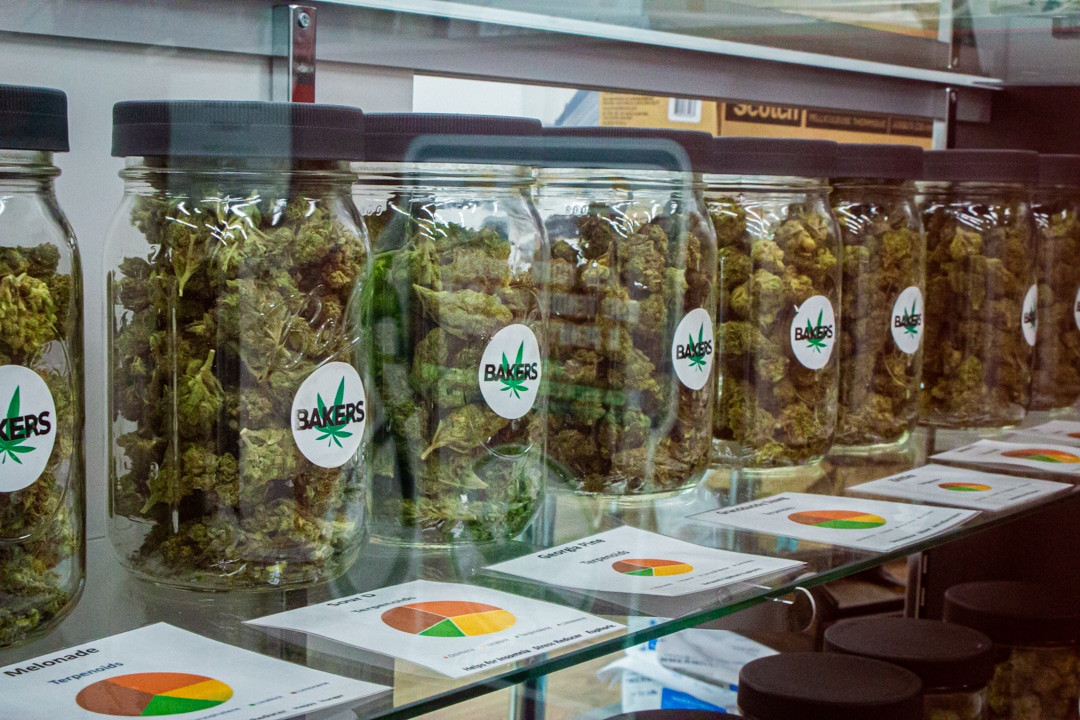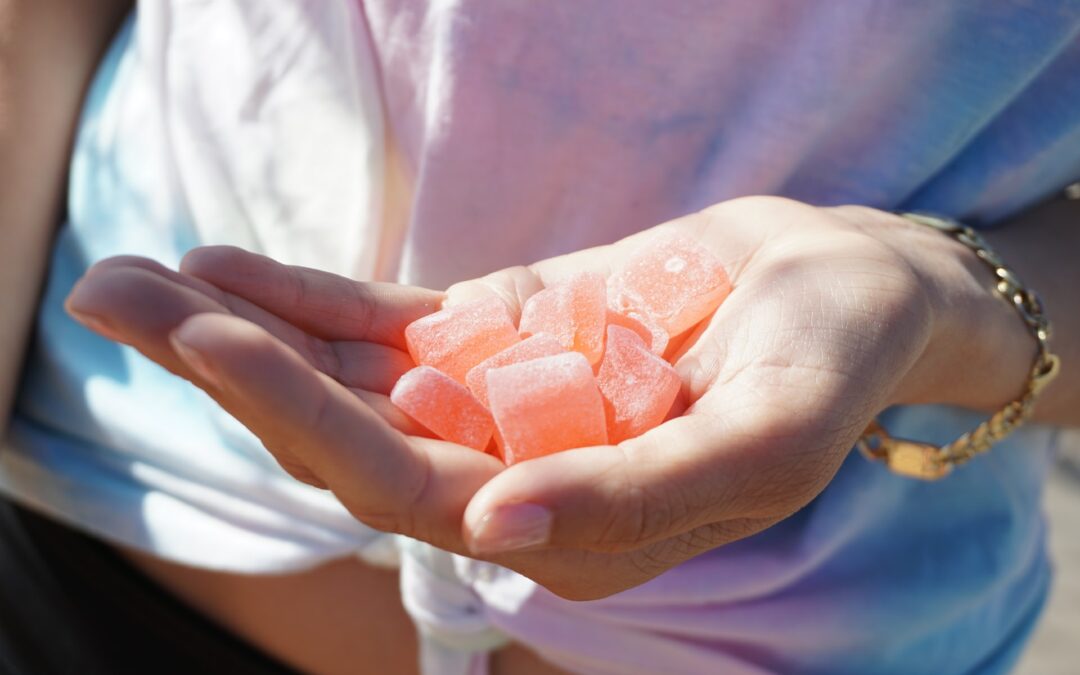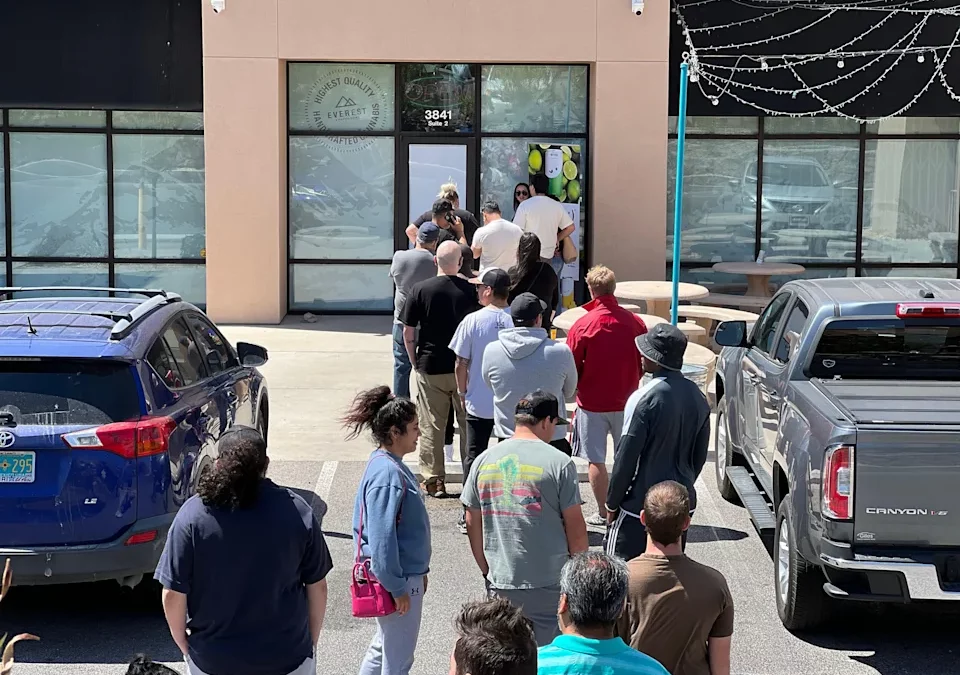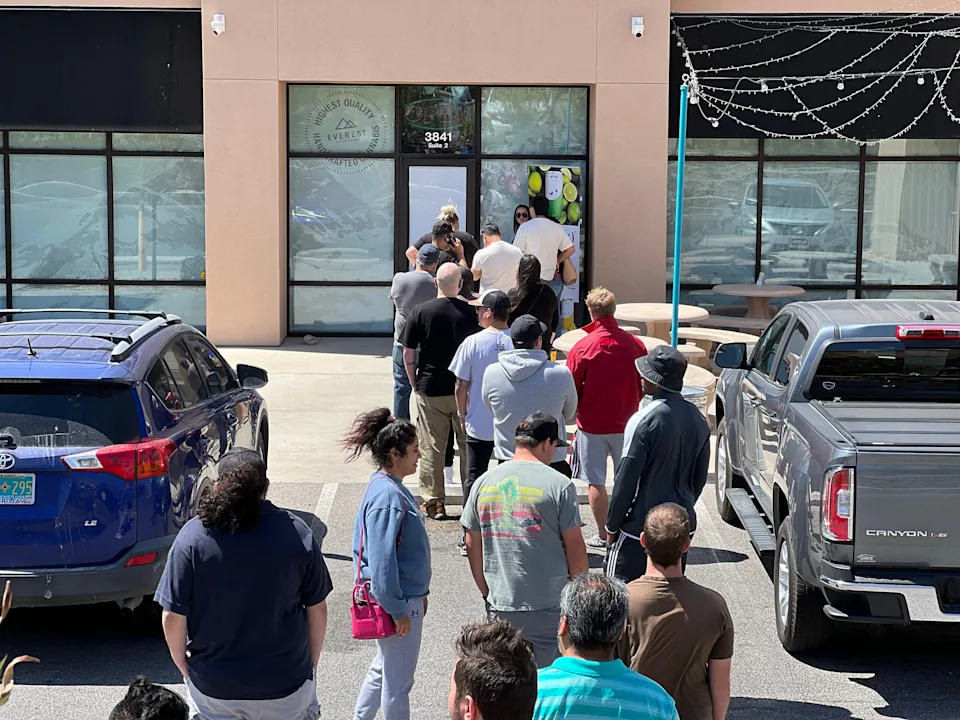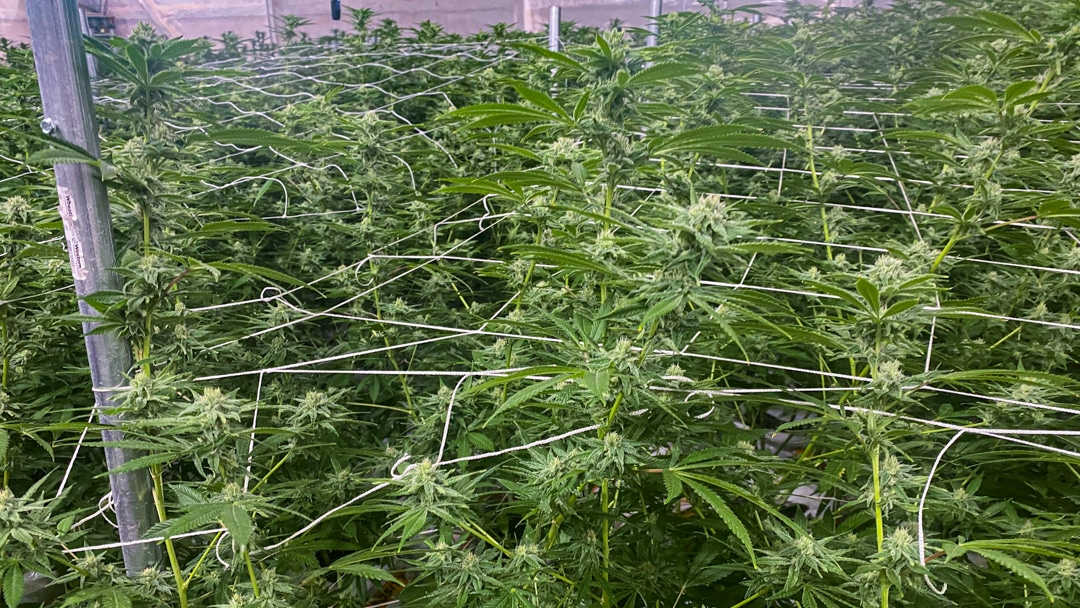
Rhode Island cannabis legalization signed into law by governor

Rhode Island has become the 19th state in the US to legalize cannabis for recreational use after Governor Dan McKee signed new legislation on Wednesday May 25.
Less than 24 hours after the state legislature unanimously passed the legalization bill, McKee signed it into law. The Rhode Island Cannabis Act would allow adults over 21 to buy, possess and grow their own cannabis at home.
Adults will be allowed to grow up to six plants, and cannabis purchases will be limited.
The law will also introduce expungements of past criminal records related to cannabis, depending on the severity of the charge. Taxes from legal cannabis sales will be re-invested into communities disproportionately impacted by cannabis prohibition.
Rep. Scott Slater, whom drafted the revised legislation that was passed, said the bill won’t please everybody.
“Frankly, no bill could do that,” he said. “So in the many years it has taken to get this bill to this point, we have learned from other states that legalized cannabis, and we know that they too must address issues each year and modify the original statute to address new issues that occur. We will be no different.”
McKee appears to have full support for the legal cannabis industry and the equity it intends to implement.
“Today I signed the Rhode Island Cannabis Act, legalizing and safely regulating cannabis in our state. This bill successfully incorporates our priorities of making sure legalization is equitable, controlled, and safe.”
He continued, “The end result is a win for our state both socially and economically.”
The Rhode Island Cannabis Act calls for retail cannabis sales to begin December 1st of this year, however it is unlikely that any retail cannabis stores will be licensed and open by that time. Additionally, unless growers are licensed and permitted to produce cannabis for retail in the next couple of month, it is unlikely there will be any product to put on shelves should stores open in December.

